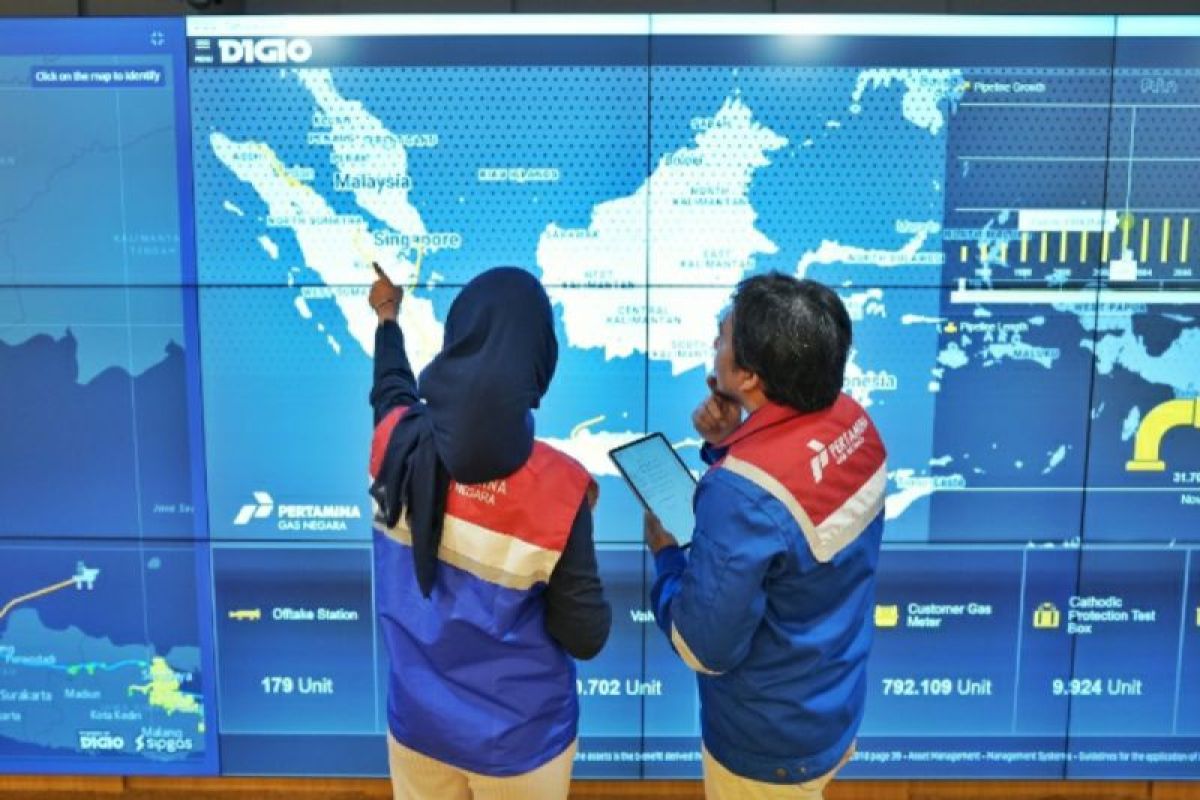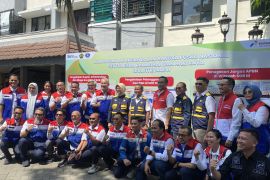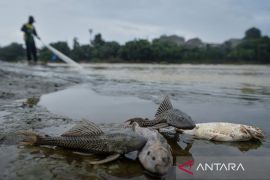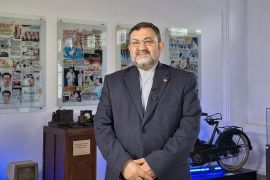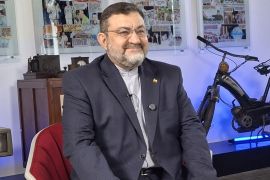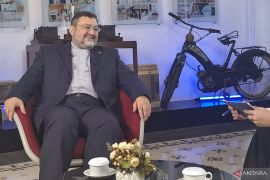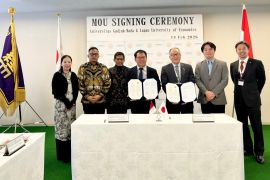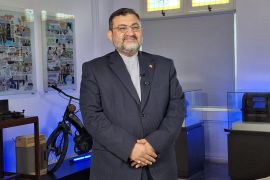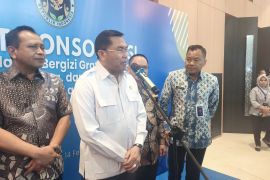The strategy to maximize these reserves must be gradual. In the short term, we need to focus on restarting gas projects that have been delayed…Jakarta (ANTARA) - Indonesia has the opportunity to meet its energy needs independently and play an influential role on the global stage by utilizing its natural gas potential, according to Rystad Energy, an energy research firm.
The opportunity follows the discovery of large natural gas sources in South Andaman and Geng North Working Areas (WK).
In a statement released in Jakarta on Wednesday, Rystad Energy's country head for Indonesia, Sofwan Hadi, said that a large potential source alone is not enough because the real challenge is monetizing resources, a task that needs to be undertaken without delay.
"Optimizing Indonesia's gas reserves, especially for KKKS (cooperation contract contractors) has complex challenges. Most of the gas potential has not been produced because it is in deepwater areas and has high CO2 content," he informed.
Based on data from Rystad Energy, it is estimated that Indonesia has more than 100 trillion cubic feet (TCF) of gas resources. The volume accounts for almost half the total gas resources in Southeast Asia.
According to Hadi, the main priority currently is ensuring that Indonesia remains an investment destination for global investors.
One way that can be done is by creating appropriate policies to anticipate future energy needs, while simultaneously meeting current needs, especially in the context of providing low-carbon energy.
"The strategy to maximize these reserves must be gradual. In the short term, we need to focus on restarting gas projects that have been delayed due to challenges in mergers and acquisitions (M&A) and financial limitations," Hadi said.
In the medium term, the development of the Masela Block and Indonesia Deepwater Development (IDD) will be very important, he added. However, gas prices will also be a determining factor in the success of the development of the two blocks.
"The next challenge is adapting to low-carbon policies and increasing the fiscal attractiveness of these projects and not forgetting the availability of infrastructure," he added.
The development of infrastructure and hubs is important for exploiting deepwater discoveries, Hadi explained. Moreover, adjusting domestic gas pricing policies and ensuring a stable increase in gas demand is also very important.
"In line with that, we must prioritize further promoting exploration potential in Indonesia to international oil and gas companies," he said.
Incentives are needed to ensure the economics of future oil and gas projects, he added. According to Rystad Energy, Indonesia's fiscal incentive approach has been quite effective.
The introduction of simplified gross split PSC (production sharing contracts) is proof of the government's dedication to making existing oil and gas projects more attractive.
He said he believes that including time-based incentives will have a significant impact on project realization. Also, the freedom given by the government to KKKS regarding the choice of PSC gross split or returning to PSC cost recovery is quite interesting.
The presence of new technology in the natural gas exploration, production, and processing sector in Indonesia is also considered very important, he continued.
The participation of international companies with expertise in the field of enhanced oil recovery (EOR), carbon capture and storage (CCS), and technology in the deepwater area is very necessary.
Related news: Indonesia wields huge potential in blue economy: Minister Monoarfa
Related news: President seeking evaluation of natural gas production costs: Minister
Related news: Govt to limit LNG exports to boost domestic industry
Translator: Benardy Ferdiansyah, Cindy Frishanti Octavia
Editor: Azis Kurmala
Copyright © ANTARA 2024
